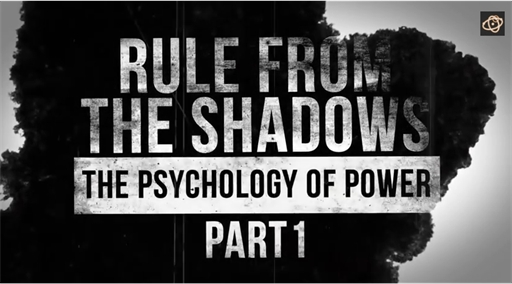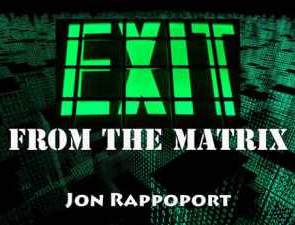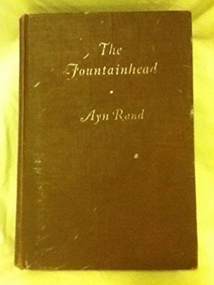Story Shot 23, by Brian R. Wright PDF Version, 04 March 2021
 Note: This is the first in a series of three columns on the CBS affliction. Pt. 2, Pt. 3.
Note: This is the first in a series of three columns on the CBS affliction. Pt. 2, Pt. 3.
“There’s no such thing as a collective brain.” — Howard Roark,
The Fountainhead, Ayn Rand
Bingo! Eureka moment. This one sentence from Roark’s courtroom speech in the movie triggered the connection and led to a watershed column on what I call “collective-brain syndrome” (CBS).[1]
Which, along with “runaway” mind,[2] has kept our species from full consciousness and flourishing. What I’m writing here is a summary or foreword to two followon works of high urgency:
- Decollaring Guide—my white paper expanding on this column w/fuller fixes.
- Independents Rising book—I will lay out an entire Independents’ movement.[3]
The crisis, of course, is what’s upon us with the ‘covtardia’ (ref. my Stonebeam #1 footnote)-induced mass “catastrophic irrationality” and its opportunistic Great Reset infection. [There are other (related) threats in the Matrix,[4] all of which require us to End CBS NOW! and take practical political steps to resolve its antihuman effects.]
So what’s the origin and development of CBS? Two major intellectuals lie at the root of the understanding: Julian Jaynes and Ayn Rand. Continue reading


